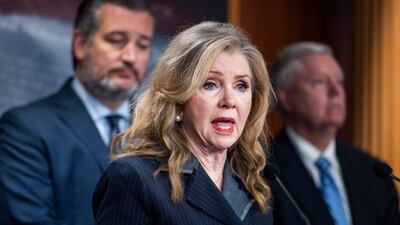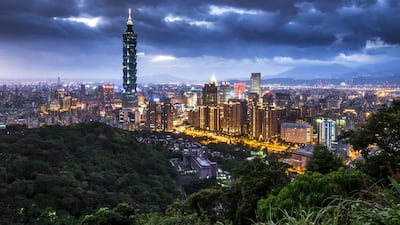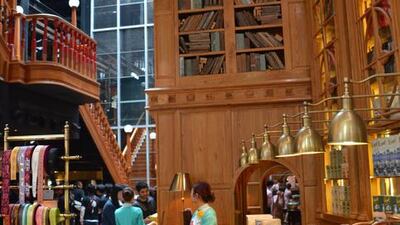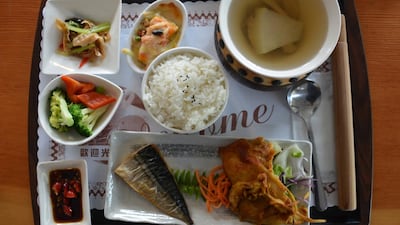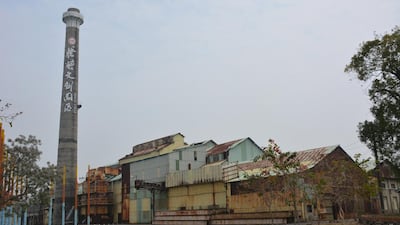US senator Marsha Blackburn arrived in Taiwan on Thursday, in the second visit by members of Congress since House Speaker Nancy Pelosi's trip earlier this month sharply raised tension with China.
Ms Blackburn, a Republican, landed in Taipei late on Thursday, after visiting the Solomon Islands and Papua New Guinea.
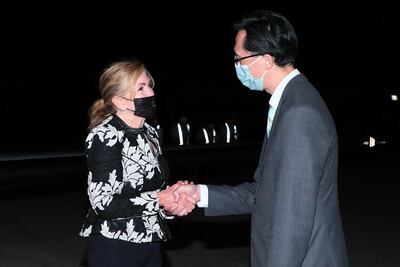
Ms Pelosi was the highest-level member of the US government to visit Taiwan in 25 years.
China responded to her August 2 trip with large-scale military exercises that included firing missiles over the island and sending ships across the midline of the Taiwan Strait, seen as a buffer between the two sides. Some of the missiles fired landed in Japan's exclusive economic zone.
Beijing claims self-ruled Taiwan as its own territory, to be taken by force if necessary, and sees high-level foreign visits to the island as interference in its affairs and de facto recognition of Taiwanese sovereignty.
Following Ms Pelosi’s trip, a delegation of House and Senate members visited.
This week, Indiana's governor Eric Holcombe made a visit focused on business and academic co-operation.
US politicians have called their visits a show of support for the island.
Taiwan and China split in 1949 after a civil war and have no official relations but are bound by billions of dollars of trade and investment.
China has increased its pressure on Taiwan since it elected independence-leaning Tsai Ing-wen as its president. When Ms Tsai refused to endorse the concept of a single Chinese nation, China cut off contact with the Taiwanese government.
US congressional visits to the island have stepped up in frequency in the past year.
On Thursday, the executive branch of Taiwan's government laid out plans for a 12.9 per cent increase in the Defence Ministry's annual budget next year. The government is planning to spend an additional $1.6 billion, for a total of $13.8bn for the year.
The ministry said the increase is due to the “Chinese communists continued expansion of targeted military activities in recent years, the normalisation of their harassment of Taiwan's nearby waters and airspace with warships and war planes”.
Also on Thursday, the ministry said it tracked four Chinese naval ships and 15 warplanes in the region surrounding the island.
